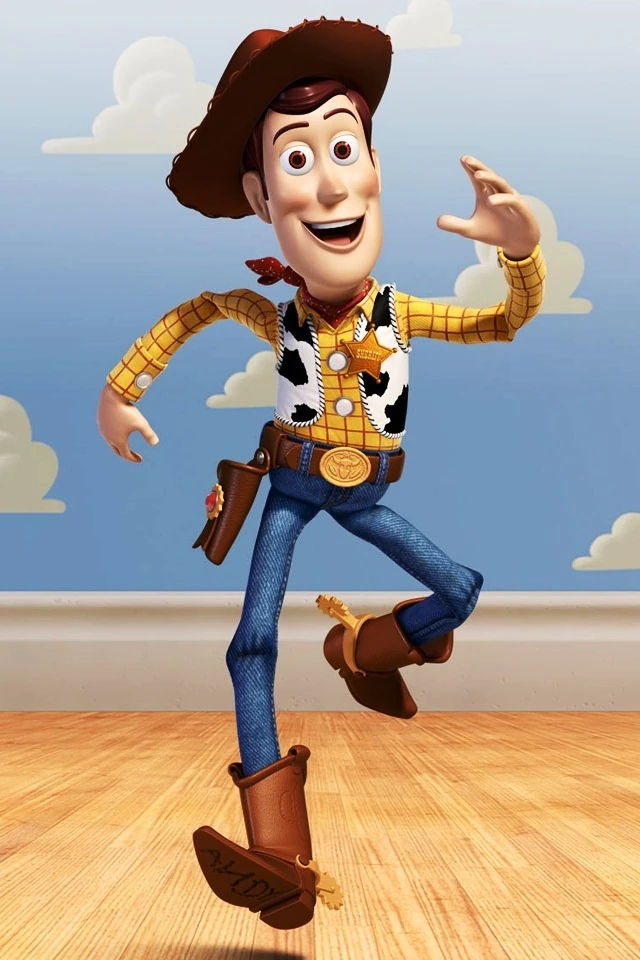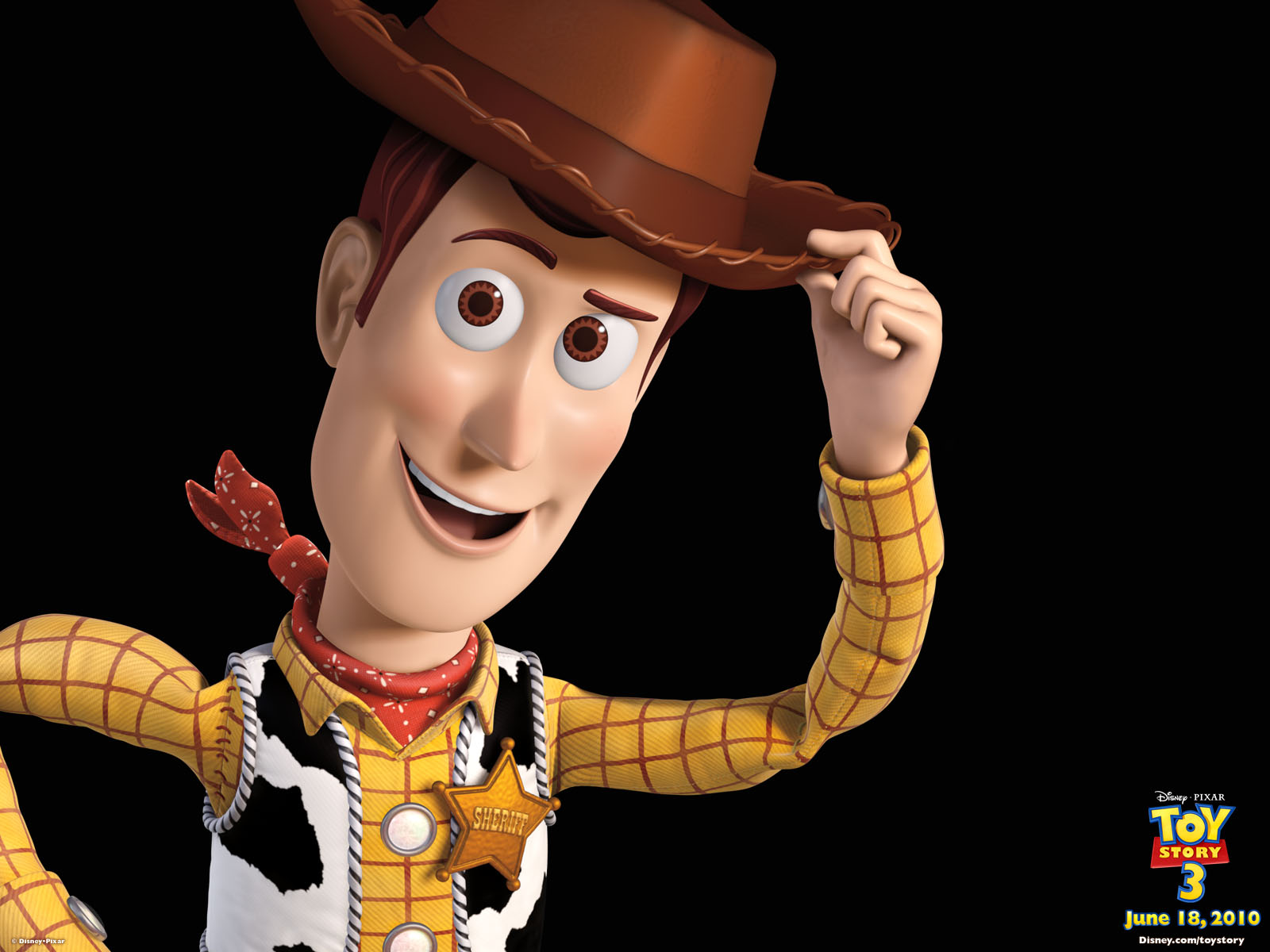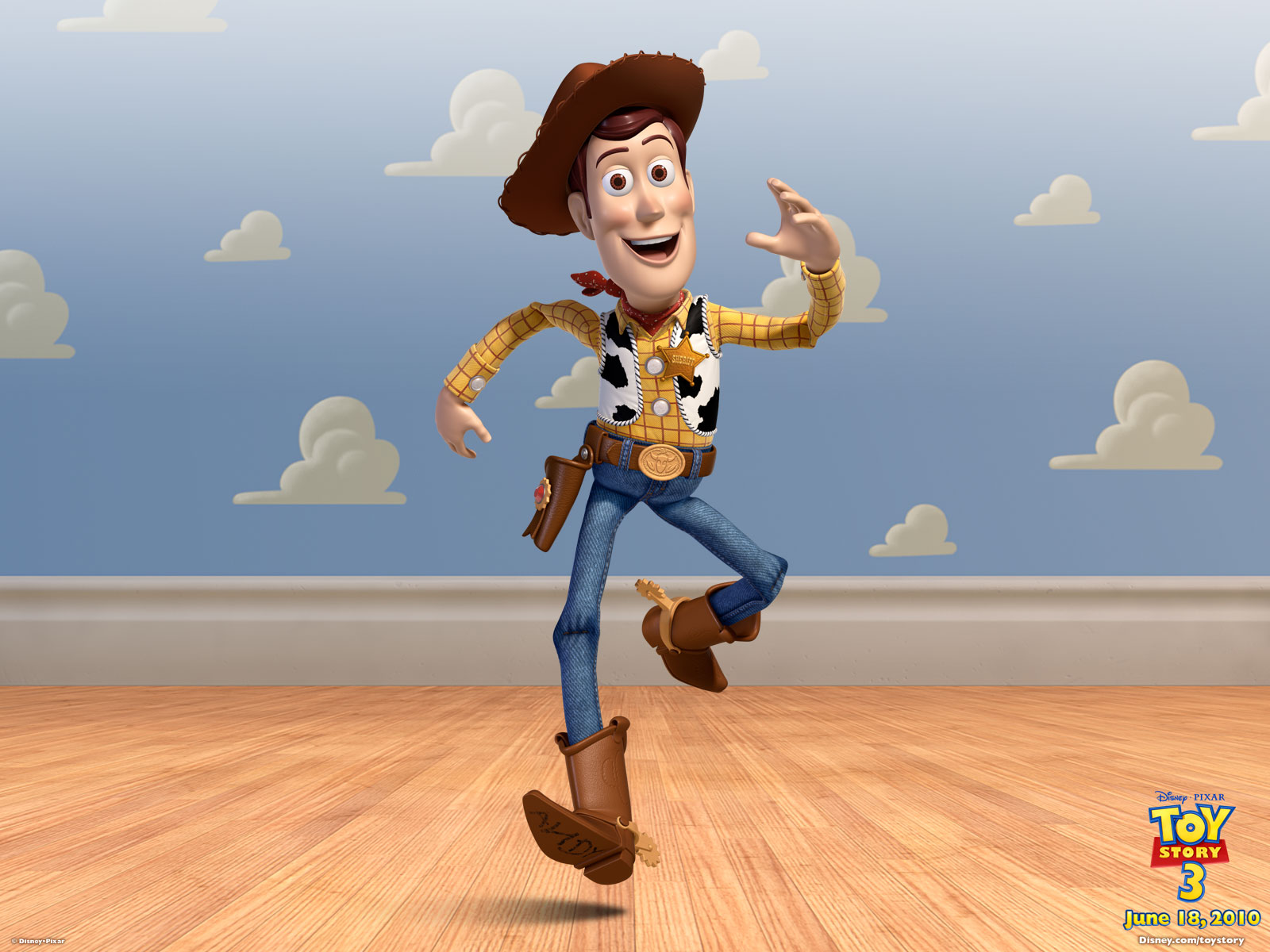Woody Harrelson In Planet Of The Apes: A Look At His Unforgettable Role
When you hear "Woody," your mind might first drift to that dependable leader, the cowboy doll who makes sure no toy gets left behind. He's the main character of those beloved films, a true protagonist, you know, always Andy's favorite. He's a cowboy doll, or as he'd prefer, an action figure, a very important part of the Toy Story franchise, and as the toys' leader, he's always been Andy's favorite—no matter what new toy came along. But today, we're shifting gears a bit to talk about a very different kind of Woody, one who stepped into a world far from playtime, a world of survival and conflict: Woody Harrelson in Planet of the Apes.
This Woody, the acclaimed actor, brought a truly powerful and, in some respects, terrifying presence to the screen in "War for the Planet of the Apes." His portrayal of Colonel McCullough stands out as a pivotal, quite chilling part of the modern Apes saga. It's a performance that, you know, really stuck with many viewers, shaping the final chapter of Caesar's story in a big way.
We're going to explore what made his role so impactful, how his character fit into the grander story, and why his performance still resonates with fans and critics alike. It’s a chance to really appreciate the depth he brought to a film that, arguably, needed a strong human antagonist.
- Net Worth Carlos Santana
- Chynna Phillips Net Worth
- Net Worth Bing Crosby
- Mf Doom Net Worth
- Net Worth Of Ted Danson
Table of Contents
- Woody Harrelson: A Brief Biography
- The Colonel in "War for the Planet of the Apes"
- Harrelson's Performance: A Masterclass in Intensity
- Thematic Impact of His Role
- Critical Reception and Legacy
- Frequently Asked Questions about Woody Harrelson in Planet of the Apes
- Conclusion: The Lasting Impression
Woody Harrelson: A Brief Biography
Woody Harrelson, a name many people know, has built a career filled with diverse and memorable roles. Born in Midland, Texas, he began his acting journey on television, gaining wide recognition for his part as Woody Boyd in the popular sitcom "Cheers." That role, you know, showed his knack for comedy, but he soon proved he had a much broader range.
From lighthearted comedy, he moved to more serious and often intense characters in films. He's appeared in everything from gritty dramas like "Natural Born Killers" and "No Country for Old Men" to lighter fare and blockbusters. He has a way of, apparently, making each character feel real, whether they are good or bad. His ability to embody such different personalities is, in a way, one of his defining traits as an actor.
His work has earned him several awards and nominations, cementing his place as one of Hollywood's truly respected performers. So, when he joined the cast of the "Planet of the Apes" series, people knew it would be a significant addition, and he, you know, really delivered.
- Shawn Ryan Navy Seal Net Worth
- Bernadette Stanis Net Worth
- Net Worth Eddie Cibrian
- Joel Embiid Net Worth
- Freddie Gibbs Net Worth
Personal Details and Bio Data
| Full Name | Woodrow Tracy Harrelson |
| Date of Birth | July 23, 1961 |
| Place of Birth | Midland, Texas, U.S. |
| Occupation | Actor, Activist |
| Known For | "Cheers," "Natural Born Killers," "No Country for Old Men," "True Detective," "The Hunger Games," "War for the Planet of the Apes" |
| Notable Roles | Woody Boyd, Mickey Knox, Marty Hart, Haymitch Abernathy, Colonel McCullough |
The Colonel in "War for the Planet of the Apes"
In "War for the Planet of the Apes," Woody Harrelson steps into the boots of Colonel McCullough, the primary human antagonist. His character is the leader of an armed military faction, a group dedicated to wiping out the ape population. He views the apes as a threat to humanity's survival, a threat that, to him, must be eliminated at any cost. This perspective, you know, drives his every action in the film.
The Colonel is a figure shaped by loss and a grim vision of the future. He believes humanity is facing extinction due to a virus that, rather, impacts humans and could, potentially, revert them to a more primitive state. This fear fuels his extreme methods, making him a complex character, not just a simple bad guy. He sees himself as a savior, even as his actions are, arguably, brutal and inhumane.
His base, a former quarantine facility, serves as a grim prison for captured apes, where they are forced into labor. This setting, you know, highlights the harsh reality of the conflict and the Colonel's unwavering resolve.
Character Overview
Colonel McCullough is a man of military discipline and, very, deep conviction. He carries the weight of a world collapsing around him, and this burden has, apparently, twisted his moral compass. He's a survivor who believes the only way for humanity to endure is through absolute control and, often, brutal force against the apes. His methods are, to be honest, shocking, involving forced labor and the systematic killing of apes.
He presents a chilling mirror to Caesar, the ape leader. While Caesar fights for the survival and freedom of his kind, the Colonel fights for what he perceives as the survival of his own species, even if it means committing terrible acts. This contrast, you know, makes their eventual confrontation incredibly powerful. He's a character who, in a way, represents the darkest side of human desperation.
The Human Threat
The Colonel represents the ultimate human threat in the film. Unlike previous human characters who might have shown some understanding or even sympathy for the apes, McCullough is unyielding. He embodies a complete lack of empathy for the ape species, seeing them purely as a disease or a plague to be eradicated. His fanaticism, you know, makes him a truly formidable opponent for Caesar and his followers.
His presence raises the stakes considerably. The conflict is no longer just about coexistence; it's about total war. He forces Caesar to confront the very real possibility of his species' annihilation. This intense pressure, you know, pushes Caesar to his limits, making his journey all the more compelling. The Colonel's actions are a direct challenge to everything Caesar stands for.
Harrelson's Performance: A Masterclass in Intensity
Woody Harrelson's portrayal of Colonel McCullough is, quite simply, captivating. He brings a raw, unsettling intensity to the role that makes the character feel incredibly real and, frankly, terrifying. He doesn't play the Colonel as a cartoonish villain; instead, he crafts a man driven by a twisted sense of duty and a profound, if misguided, belief in his cause. This nuanced approach, you know, makes the character far more impactful.
His eyes often convey a chilling resolve, a weariness mixed with a fanatical glint. He uses his voice to project authority, but also, sometimes, a hint of the brokenness within. It's a performance that, you know, doesn't rely on grand gestures but on subtle shifts in expression and tone, which is, in a way, very effective. He truly embodies the idea of a man pushed to the edge, believing he's doing what's necessary.
The performance is, arguably, one of the highlights of the film. It provides a human antagonist who is every bit as compelling as the ape protagonist, Caesar. This balance, you know, elevates the entire narrative, making the conflict feel deeply personal and tragic.
Bringing Depth to a Villain
What makes Harrelson's Colonel so memorable is the depth he manages to infuse into a character who, on the surface, seems purely evil. He shows us glimpses of the Colonel's past, revealing the personal tragedies that shaped his extreme views. This backstory, you know, doesn't excuse his actions, but it does, in a way, help us understand the origins of his madness. He's not just cruel for the sake of it; he's cruel because he believes it's the only path to survival for his kind.
There's a scene where he explains his reasoning, his voice quiet but filled with a chilling conviction. This moment, you know, is particularly powerful because it shows a man who has, apparently, lost his humanity in the name of saving it. Harrelson delivers this with a quiet desperation that, quite frankly, sends shivers down your spine. It's a testament to his acting prowess that he can make such a character, in some respects, almost understandable, even as he remains utterly abhorrent.
Confronting Caesar
The interactions between Colonel McCullough and Caesar are, arguably, the core of the film's dramatic tension. These scenes are, you know, filled with a raw, emotional power. Harrelson's presence matches Andy Serkis's incredible performance as Caesar, creating a dynamic that feels truly epic. Their confrontations are not just physical battles but clashes of ideology and will.
The Colonel, in a way, tries to break Caesar, to strip him of his leadership and his hope. He uses psychological torment as much as physical force. Yet, Caesar, you know, never truly breaks, which only seems to fuel the Colonel's frustration and rage. These exchanges are, frankly, some of the most memorable parts of the movie, showing two powerful leaders on opposite sides of a devastating war. The intensity Harrelson brings to these moments is, very, palpable.
Thematic Impact of His Role
Woody Harrelson's character, Colonel McCullough, is much more than just a bad guy in "War for the Planet of the Apes." He serves as a critical thematic anchor for the film, exploring some really heavy ideas about humanity, survival, and the nature of conflict. His role, you know, forces viewers to consider difficult questions about what people might do when pushed to their absolute limits.
The Colonel's actions and beliefs highlight the darker aspects of human nature when fear and desperation take over. He represents the extreme end of humanity's struggle for dominance, showing how easily people can, apparently, lose their moral compass in the face of perceived extinction. His presence, in a way, amplifies the film's message about the destructive cycle of hatred and revenge.
Humanity's Desperation
The Colonel's character perfectly embodies the desperation of humanity in this bleak future. He believes that the virus, which is, you know, slowly robbing humans of their intelligence and ability to speak, means the end of their species. This fear drives his extreme measures against the apes, whom he sees as the next dominant species. He's convinced that to save humanity, he must, very, brutally suppress the apes.
His actions, while horrific, stem from a place of profound terror for his kind's survival. This makes him a tragic figure in his own right, someone who has, apparently, sacrificed his own humanity in a desperate attempt to preserve it for others. It's a stark portrayal of what happens when fear, you know, completely takes over.
The Cycle of Violence
McCullough's presence also reinforces the film's central theme of the cycle of violence. His relentless aggression against the apes, and his brutal methods, mirror the very violence that humans fear from the apes. He believes he is ending the conflict, but his actions only perpetuate it, driving Caesar to, you know, seek revenge and further escalate the war.
The film suggests that both species, in their fight for survival, are capable of immense cruelty. The Colonel, in a way, becomes a symbol of humanity's inability to break free from this destructive pattern. His character serves as a stark reminder that, sometimes, the greatest threat comes from within, from the fear and hatred that, apparently, consume us.
Critical Reception and Legacy
Woody Harrelson's performance as Colonel McCullough was, you know, widely praised by critics upon the release of "War for the Planet of the Apes." Many highlighted his ability to bring nuance and a chilling realism to a character who could have easily been a one-dimensional villain. Reviewers often pointed out how he managed to make the Colonel both despicable and, in a way, strangely understandable in his twisted motivations.
His portrayal was seen as a strong counterpoint to Andy Serkis's Caesar, providing the film with a compelling human antagonist. This balance, you know, was considered crucial for the movie's success, giving the emotional weight needed for the story's conclusion. The intensity he brought to the role, you know, truly left a lasting impression on audiences and critics alike.
Even now, years after the film's release, his performance is often cited as one of the standout elements of the modern "Planet of the Apes" trilogy. It's a role that, in some respects, solidified his reputation for taking on complex, challenging characters and delivering memorable performances. His Colonel McCullough remains a powerful and, frankly, unforgettable figure in the franchise's history. You can learn more about the critical reception of the film and his performance by checking out reviews on sites like Rotten Tomatoes.
Frequently Asked Questions about Woody Harrelson in Planet of the Apes
Who did Woody Harrelson play in Planet of the Apes?
Woody Harrelson played Colonel McCullough in the film "War for the Planet of the Apes." He was the leader of a human military faction, dedicated to, you know, eliminating the apes.
Was Woody Harrelson a villain in Planet of the Apes?
Yes, he was the primary human antagonist. His character, Colonel McCullough, was portrayed as a ruthless and, frankly, fanatical leader who saw the apes as a threat to human survival.
How important was Woody Harrelson's role in War for the Planet of the Apes?
His role was, arguably, extremely important. As Colonel McCullough, he provided a compelling and formidable human antagonist, which, you know, drove much of the film's conflict and emotional depth. He represented humanity's desperate struggle and, in a way, mirrored Caesar's leadership.
Conclusion: The Lasting Impression
Woody Harrelson's portrayal of Colonel McCullough in "War for the Planet of the Apes" is a powerful reminder of his acting range and his ability to bring complex characters to life. He crafted a villain who was not simply evil, but a deeply troubled man driven by fear and a twisted sense of duty. His performance, you know, added significant depth and intensity to the film's narrative, making the final chapter of Caesar's story all the more impactful.
The Colonel's character, in some respects, served as a stark reflection of humanity's potential for both desperation and cruelty when faced with existential threats. It's a role that, apparently, continues to resonate, sparking discussions about the nature of survival and conflict. His contribution to the Planet of the Apes saga is, arguably, undeniable, leaving a lasting mark on the franchise. Learn more about on our site, and, you know, link to this page for more insights.
- Ceedee Lamb Net Worth
- Charles Oliveira Net Worth
- Victor Wembanyama Net Worth
- Justin Theroux Height
- Net Worth Of Jwoww

Woody | Wiki Toy Story | FANDOM powered by Wikia

Woody | Pixar Wiki | FANDOM powered by Wikia

Woody from Toy Story Desktop Wallpaper